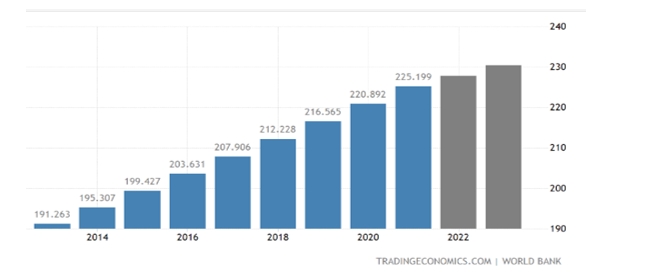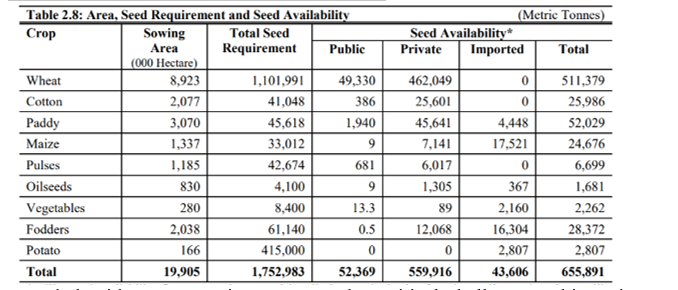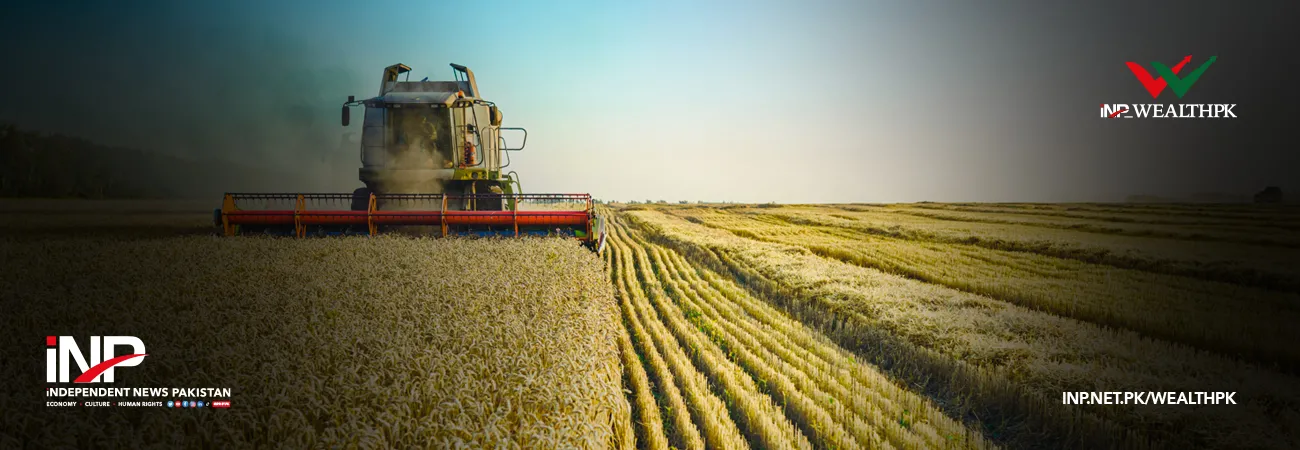INP-WealthPk
Arooj Zulfiqar
Pakistan has over 225 million people and feeding them is a huge challenge. By 2050, Pakistan’s population is projected to reach 336 million, increasing pressure on agriculture.
“To meet this escalating demand, it is imperative to re-imagine agriculture

to meet future challenges,” said Dr Muhammad Iqbal, Principal Scientific Officer at National Agricultural Research Centre (NARC), while talking to WealthPK. “However, re-imagining Pakistan's agriculture to meet future challenges is not without its hurdles. Several significant challenges must be addressed to ensure the successful transformation of the sector,” he said.
Dr Iqbal said that sustainable increase in crop production and productivity requires timely supply of essential inputs, especially quality seeds. “However, the seed supply system in Pakistan is grossly underdeveloped, leading to a significant gap in the availability of quality seeds. The availability of certified seeds could meet only 37.4% of the seed requirement in the country during FY23,” he pointed out.

Dr Iqbal said water scarcity poses another critical challenge. Pakistan is already classified as a water-stressed country, with its per capita water availability decreasing rapidly. “Pakistan has one of the largest contiguous irrigation systems in the world where more than 93% of water is used in agriculture, 5% in domestic sector, and 2% in industrial sector,” he mentioned. According to a report by the Pakistan Council of Research in Water Resources (PCRWR), water inflow in the country’s major rivers has decreased by 30% due to climate change.
This reduction in water inflow is affecting agricultural production. According to the PCRWR, per capita availability of water in Pakistan has declined from 5,260 cubic meters per person in 1951 to 1,017 cubic meters per person in 2021, which is well below the internationally-recommended threshold of 1,700 cubic meters per person per year. This scarcity puts immense pressure on the agricultural sector, where water-intensive crops are grown. Efficient water management practices and investments in irrigation infrastructure are needed to tackle this challenge effectively. Pakistan needs to address these challenges to reimagine agriculture so that it can become more sustainable and resilient.
During a recent meeting on the government's key initiative “Agricultural Revolution 2.0,” Minister for Planning and Development Ahsan Iqbal said that agriculture sector needs a revolution to meet future challenges. He stressed the need to adopt the latest techniques in the agriculture sector to boost the economy. Ahsan said prompt measures are being taken to prevent climate change from negatively affecting agriculture. He said there are bright prospects for exporting agricultural commodities and livestock to China and Middle Eastern countries. He said that under Agriculture Revolution 2.0, the government plans to become self-sufficient in the agriculture sector and promote exports.
Credit : Independent News Pakistan-WealthPk




